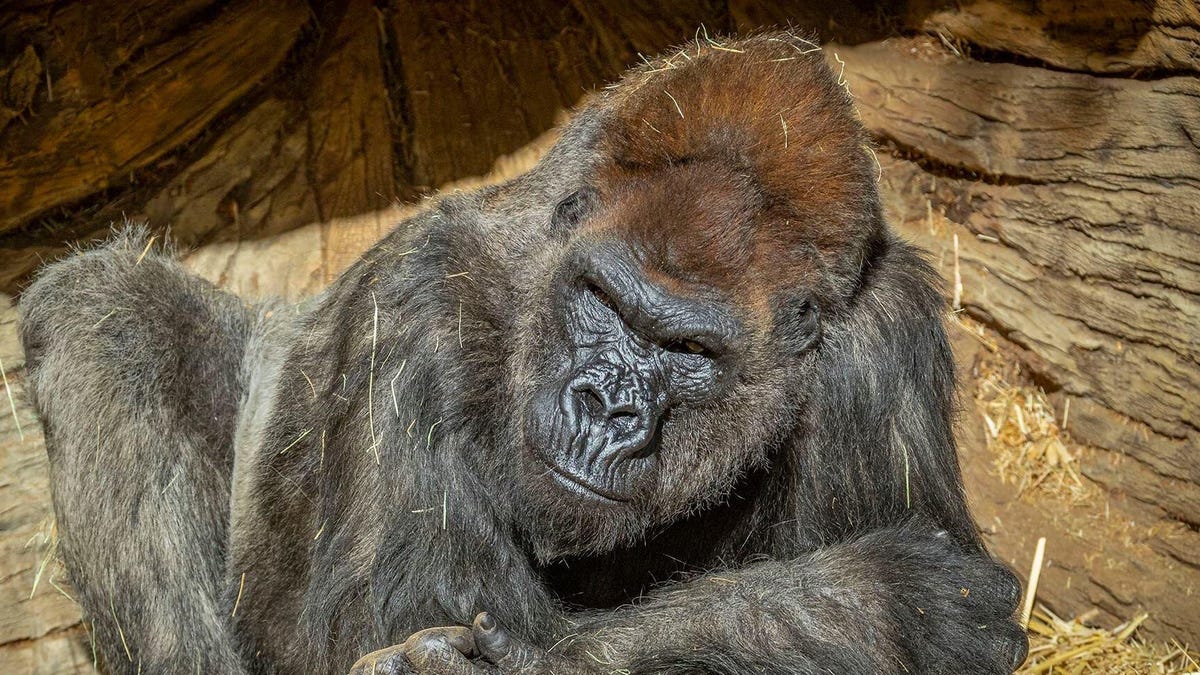Gorillas at San Diego Zoo test positive for coronavirus
It's likely the gorillas caught the virus from a human staff member.
It's not just humans who have been impacted by the global coronavirus pandemic. Pet cats have tested positive, as has a tiger at the Bronx Zoo in New York. On Monday, the San Diego Zoo announced that members of its gorilla troop have COVID-19, the disease caused by coronavirus.
The gorillas reside at the San Diego Zoo Safari Park, a 1,800-acre facility that houses rhinos, cheetahs, elephants, giraffes and the endangered gorillas.
Two of the gorillas in the troop started coughing last Wednesday, triggering an investigation that involved testing fecal samples. The US Department of Agriculture confirmed the initial positive results on Monday. Others in the group may also have COVID-19. The zoo said three gorillas are currently exhibiting signs of illness and are under veterinary supervision.
"Aside from some congestion and coughing, the gorillas are doing well," said Lisa Peterson, executive director of the San Diego Zoo Safari Park, in a statement on Monday. "The troop remains quarantined together and are eating and drinking. We are hopeful for a full recovery."
The San Diego Zoo Safari Park is currently closed to the public, but an asymptomatic staff member may have spread the infection despite the zoo's safety protocols. Employees are required to wear personal protective equipment, including masks, when near the animals.
The San Diego Zoo emphasized that the gorillas don't pose any public health risk, and the zoo will be monitoring the animals closely. "Research studies have verified that some non-human primates are susceptible to infection with SARS-CoV-2," the zoo said, "but this is the first known instance of natural transmission to great apes and it is unknown if they will have any serious reaction."


